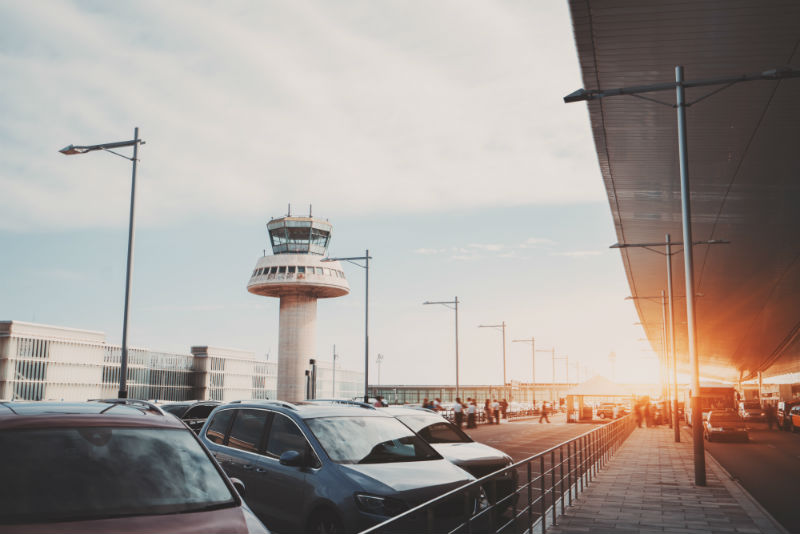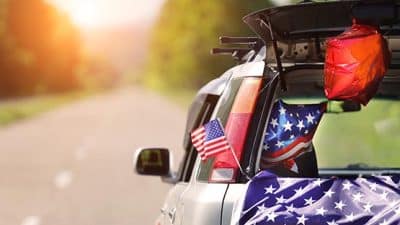
Many countries around the world are offering their citizens protection against the Covid-19 virus in the form of vaccines. And while many people in developed countries have already received two doses of a vaccine, others still refuse to take it. There may be consequences, however, since companies are looking at options to make it more expensive to forego the vaccine.
The unvaccinated face higher health costs
Earlier in 2020 the United States instituted a travel ban that prevented travel from many countries, but now the country has announced it will be lifting this ban. Notably, foreigners will be able to travel to the U.S. for non-essential purposes, but they still need to be vaccinated. The official policy announcement will reveal the accepted vaccines, but those who refuse to take the shot may have larger problems looming.
Companies and health insurers are exploring options to raise premiums for the unvaccinated. The most prominent example of this being enforced is when Delta Airlines announced it will charge unvaccinated employees $200 more a month for their health plans. According to Delta, this is due to the rising costs of hospitalizations due to Covid-19.
Still, it may be longer until health insurance companies raise their premiums for the unvaccinated. This is partly due to the Affordable Care Act passed in 2014 which makes it illegal for these companies to charge higher based on pre-existing conditions. Of course, there is one exception to this rule: smoking.
Those who are not vaccinated are at increased risk of more severe cases of Covid-19. For example, the Ohio Department of Health data shows that more than 96% of hospitalizations in 2021 were for unvaccinated patients with Covid-19.
Higher premiums are not the only thing making it expensive to get sick during the pandemic. The average hospital costs for patients with the coronavirus range from $34,000 to $45,000, depending on age.
This puts a higher burden on hospitals and the healthcare system, which fronts the bill of over $6 billion between June and August. Now, companies are looking to share some of that burden with those who decide not to get the vaccine. According to Kelly O’Reilly, President and CEO of the Ohio Association of Health Plans, this is in the interest of the citizens.
“Employers are looking at it as an incentive to get their employees vaccinated. I also think it is an attempt to get control of some of the costs related to Covid,” she said. “I think they’re looking to keep their employees safe, to keep their businesses operational and then, to keep costs down.”
U.S. lifts travel ban for foreigners
The U.S. travel ban which began in 2020 and started with Chinese travelers restricted foreign travel for more than a year. This went on to include visitors from the U.K., Ireland, Iran, Brazil, India, and others.
In a Twitter post, the E.U. Ambassador to the U.S., Stavros Lambrinidis shared the news saying: “Travel ban lifted! Vaccinated, pre-flight tested Europeans will again be able to travel to the US from November, just as vaccinated Americans are today allowed to travel to the EU.”
Travelers still need to show proof of full vaccination from one of the vaccines approved by the WHO before boarding their planes. The Centers for Disease Control and Prevention will release a list of approved vaccines once the policy goes into effect. Notably, there will be no quarantine mandate such as there was in Canada and Australia.
The U.S. is also moving forward to lower restrictions on international travelers entering the country. This means that there will also be an increase for health insurance for visitors to the United States. The current travel ban limits land border crossings from Canada and Mexico to “essential travel” and went into effect October 21, 2021. This means that trips for sightseeing, recreation, and cultural events do not qualify for entry.
Those who do qualify are citizens and permanent residents returning to the United States. Additionally, individuals traveling for medical purposes, work, emergency response, trade, or official government travel also qualify.
Previously, the travel ban also affected international air travel. This required all foreign nationals to be fully vaccinated before boarding their flight. Additionally, travelers had to show proof of a negative Covid-19 test within 72 hours of departure. American citizens who are already fully vaccinated will only need to show proof of a negative test. Those who are not fully vaccinated need to test both prior and after their flights.
Vaccines currently accepted by the U.S. government include the Pfizer, Moderna and Johnson & Johnson vaccines. Other vaccines accepted by the World Health Organization include the AstraZeneca and Sinovac vaccines. Other shots such as Russia’s Sputnik V and China’s Cancino vaccines are still under review and not currently accepted. This information should also be reviewed with your family insurer. It could have an impact on what is paid for travel insurance for families or sole individuals.
Story by Fernando Acevedo










